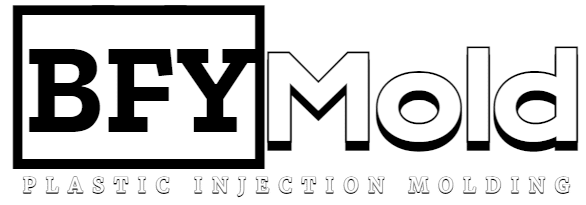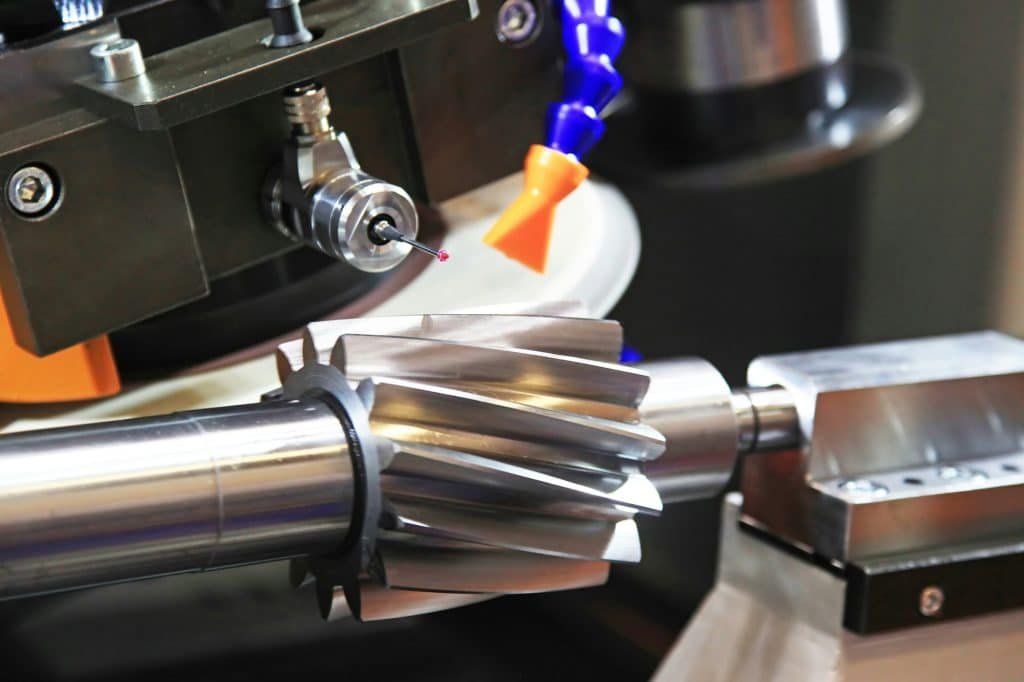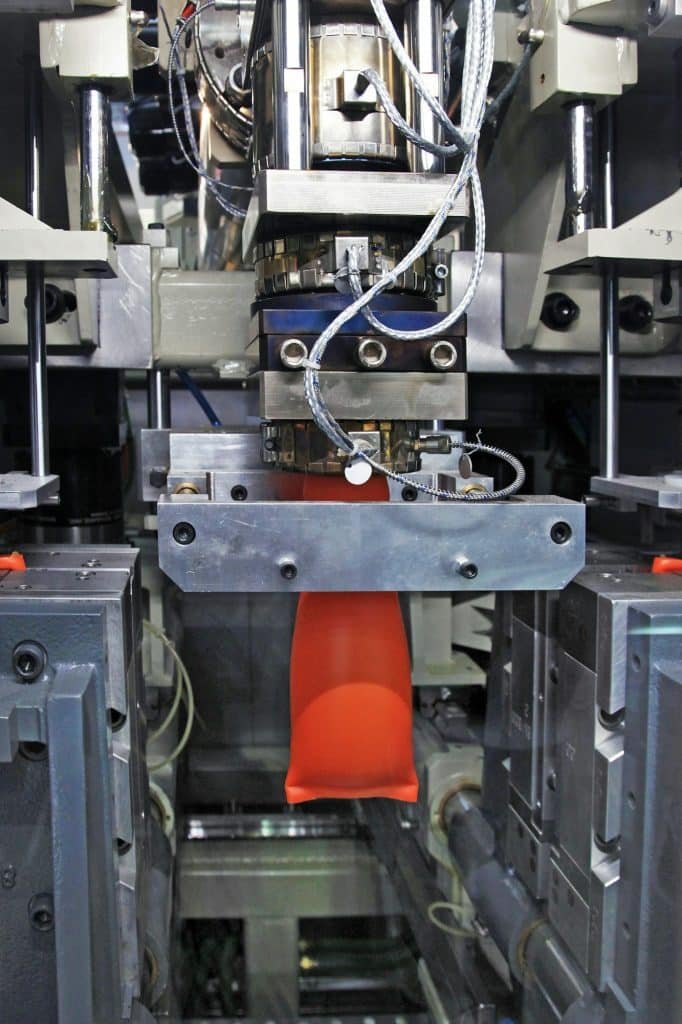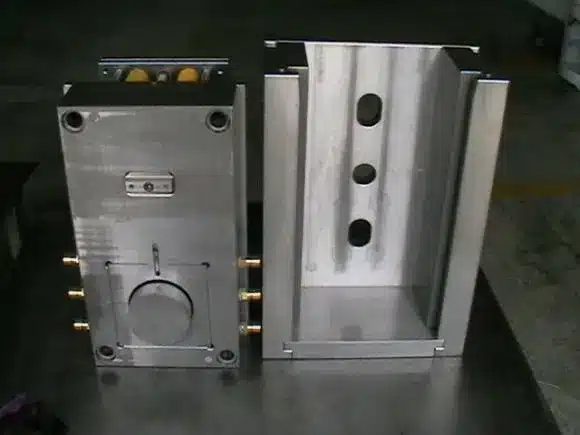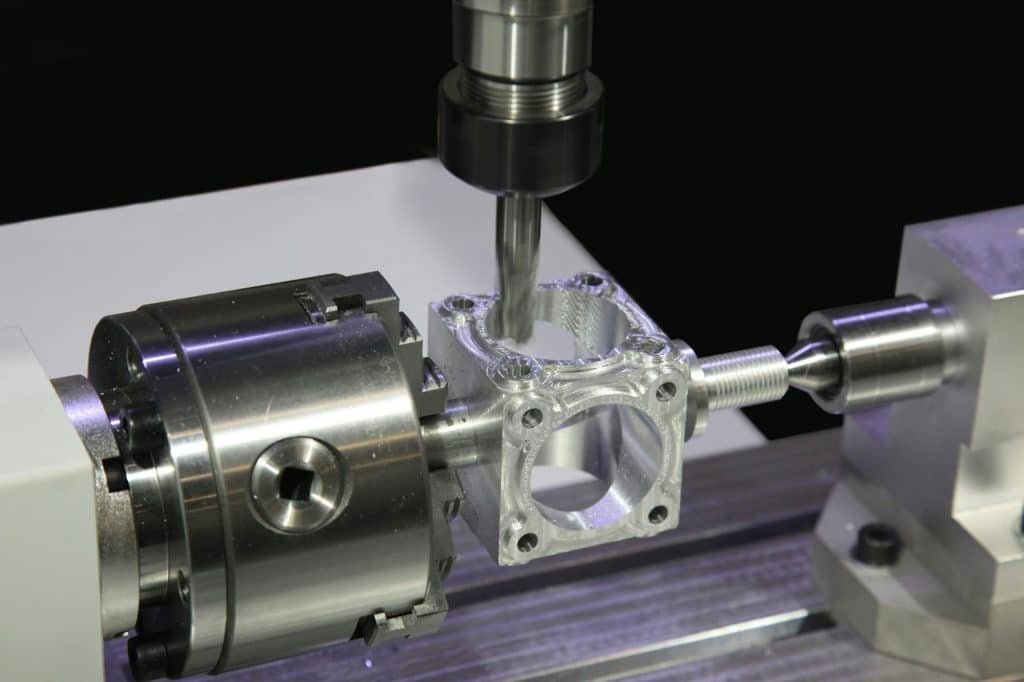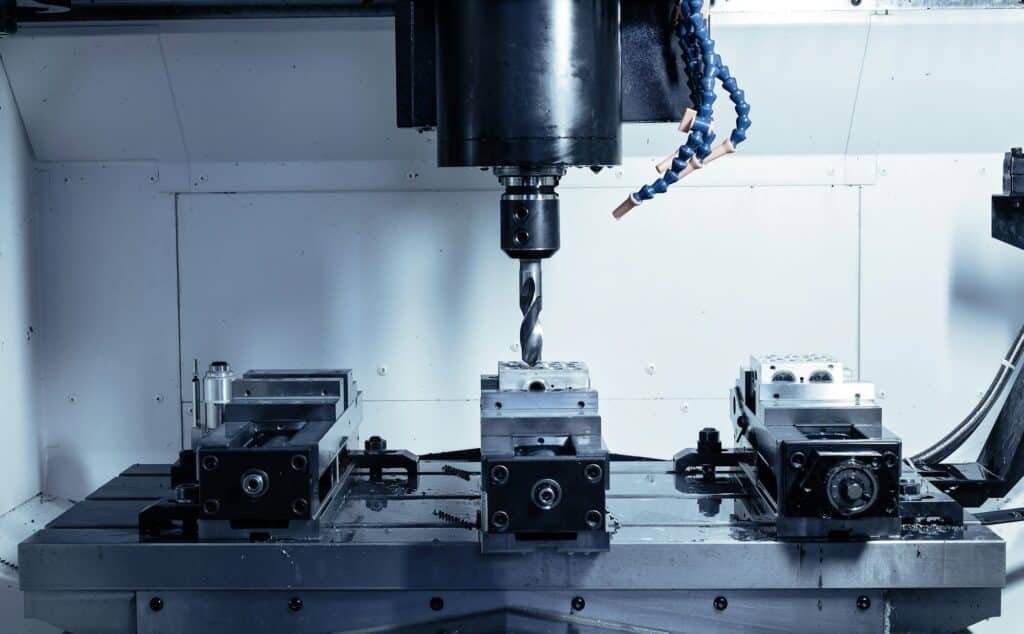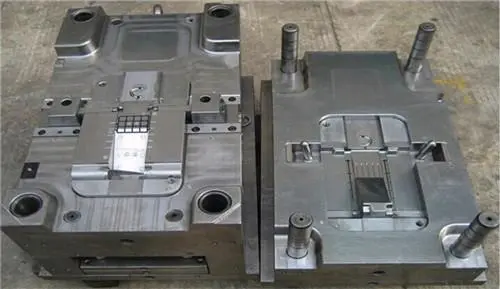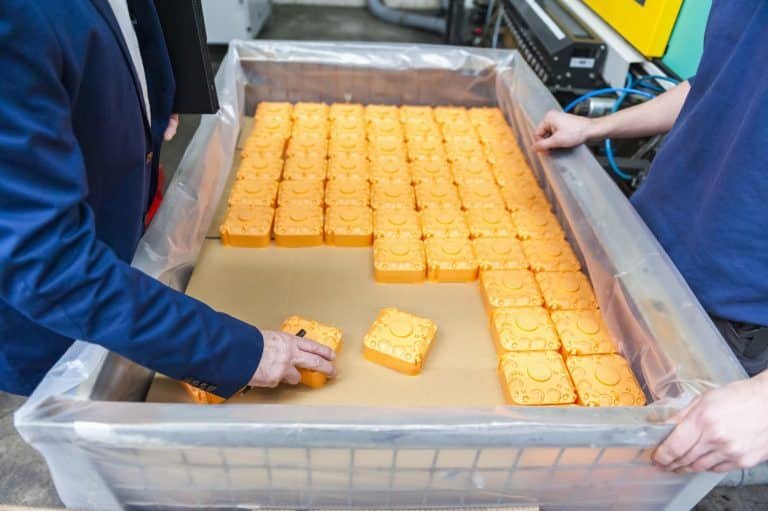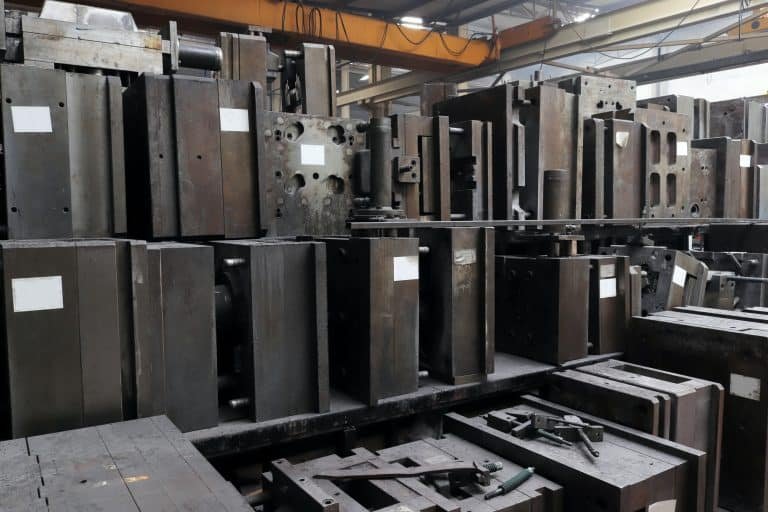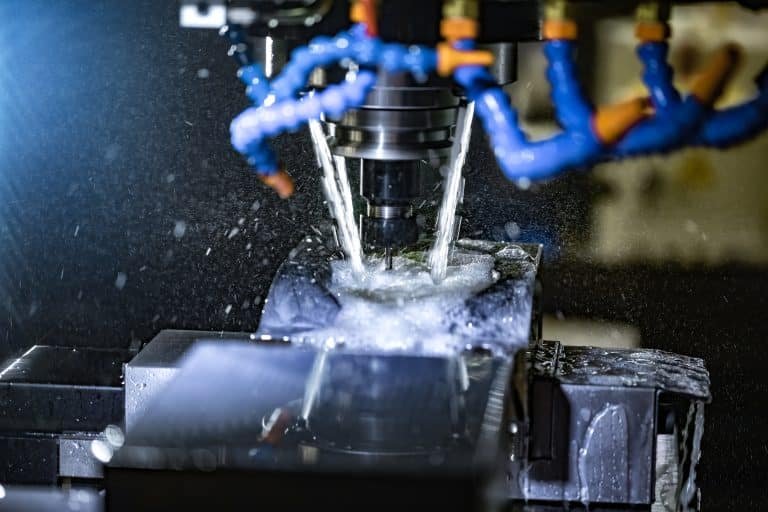Injection molding is a widely utilized manufacturing process for producing complex plastic parts with high precision and repeatability. Among the various thermoplastics used in this process, polycarbonate (PC) is a prominent material due to its exceptional properties, such as high impact resistance, optical clarity, and thermal stability. However, the successful injection molding of PC products hinges on a thorough understanding and meticulous temperature control throughout the process. Temperature parameters play a pivotal role in determining the final product’s quality, mechanical properties, and overall performance.
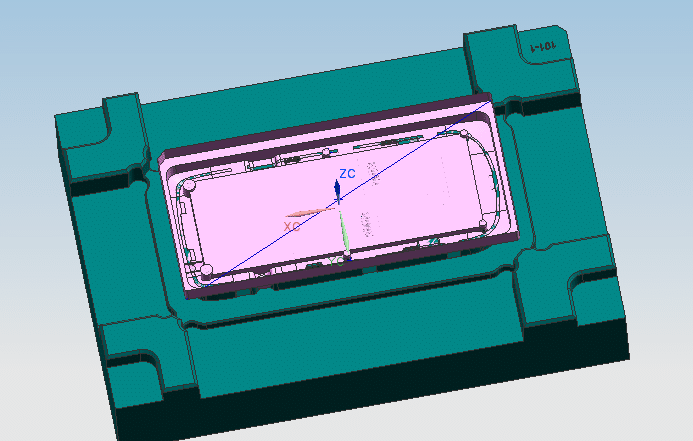
The Role of Temperature in Injection Molding
Injection molding is a complex process involving several stages, each of which temperature influences significantly. The main stages include the melting of the plastic pellets, injection of the molten plastic into the mold, cooling and solidification of the plastic within the mold, and finally, ejection of the finished part. Proper temperature management at each of these stages is crucial for ensuring the quality and integrity of the final product.
Melting Temperature:
The melting temperature is the heat level at which the polycarbonate pellets are transformed from a solid to a molten state. For PC, this temperature typically ranges between 250°C and 320°C, depending on the specific grade and additives used. The goal is to achieve a homogenous molten polymer that can flow easily into the mold. If the temperature is too low, the plastic will not melt uniformly, leading to incomplete filling, surface defects, and poor mechanical properties. Conversely, excessively high temperatures can degrade the polymer, causing discoloration, reduced molecular weight, and compromised mechanical performance.
Mold Temperature:
The mold temperature is equally critical and must be carefully controlled to ensure proper flow, packing, and cooling of the molten PC. For polycarbonate, the mold temperature typically ranges from 80°C to 120°C. The correct mold temperature ensures that the plastic remains fluid long enough to fill the mold cavity, avoiding defects such as short shots or weld lines. Additionally, it influences the crystallinity and internal stresses of the molded part. A mold that is too cold can cause premature solidification, leading to poor surface finish and increased internal stresses, while a mold that is too hot can result in prolonged cooling times and warping.
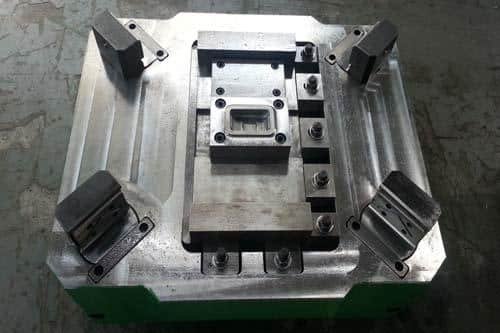
Injection Temperature:
The injection temperature, closely related to the melting temperature, refers to the temperature of the molten plastic as it is injected into the mold. Maintaining a consistent injection temperature is crucial for ensuring uniform flow and filling of the mold cavity. For polycarbonate, maintaining this temperature within the specified range (typically 250°C to 320°C) is vital for achieving optimal viscosity and flow characteristics. Variations in injection temperature can lead to inconsistencies in the molded part, such as variations in thickness, surface defects, and reduced strength.
Cooling Temperature:
After the molten PC has filled the mold cavity, it must be cooled and solidified before ejection. The cooling process is controlled by the cooling channels within the mold, through which a coolant (usually water) circulates to absorb heat. The rate of cooling and the uniformity of temperature distribution during this phase are critical. Rapid cooling can lead to differential shrinkage, warping, and residual stresses, while insufficient cooling can result in incomplete solidification and deformation of the part upon ejection. Achieving the optimal cooling temperature and cycle time is essential for maintaining the dimensional stability and mechanical integrity of the final product.
Importance of Temperature Control in Injection Molding PC Products
The properties of polycarbonate, such as its high viscosity and sensitivity to thermal degradation, make precise temperature control a critical factor in the injection molding process. Unlike some other thermoplastics, PC has a relatively narrow processing window, meaning that slight deviations from the optimal temperature range can significantly impact the quality of the final product. Here are several reasons why temperature control is paramount:
Material Properties:
Polycarbonate’s mechanical properties, including its strength, toughness, and optical clarity, are highly dependent on maintaining the correct temperature profile throughout the injection molding process. Degradation due to overheating can result in brittleness, discoloration, and reduced transparency, which are detrimental to applications requiring high-performance materials.
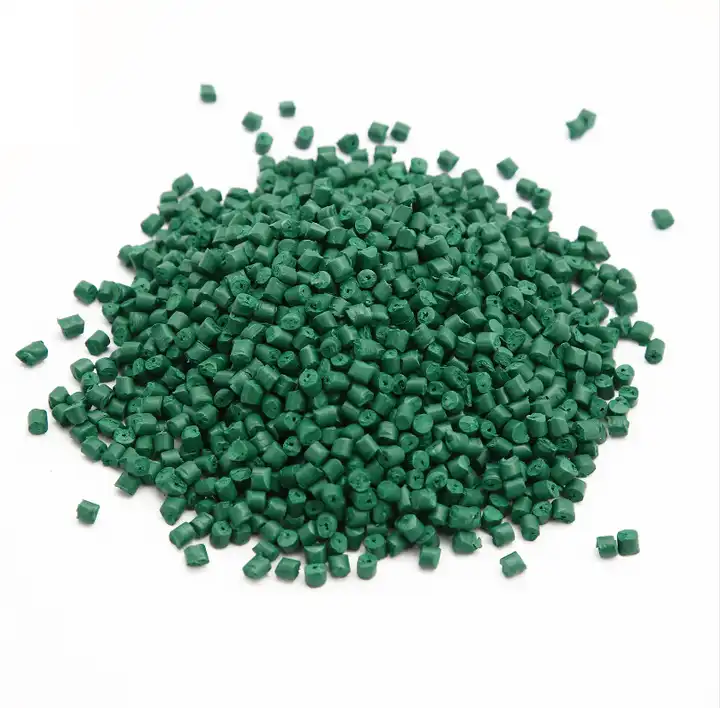
Dimensional Accuracy:
Temperature variations can cause differential shrinkage and warping, affecting the dimensional accuracy and tolerance of the molded parts. In high-precision applications, such as optical lenses or medical devices, maintaining stringent temperature control is essential to meet the required specifications.
Surface Quality:
The surface finish of injection-molded PC products is influenced by the temperature at which the material is processed. Optimal temperature settings ensure a smooth, glossy surface, while deviations can lead to defects such as flow marks, weld lines, and rough textures.
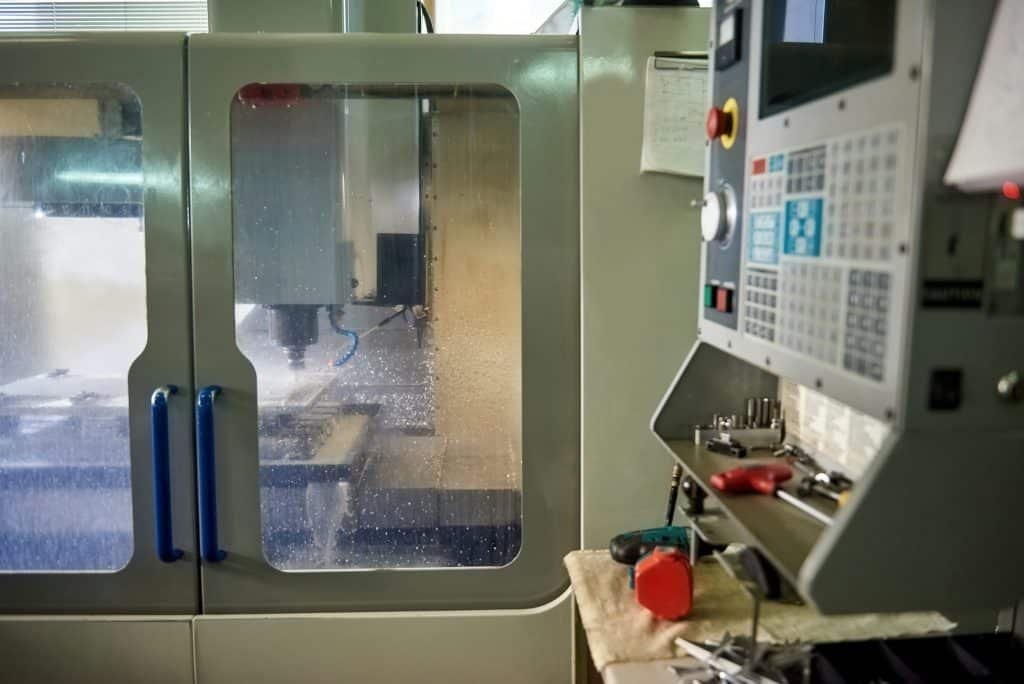
Cycle Time:
Efficient temperature management can optimize cycle times, balancing the need for rapid production with the requirement for high-quality parts. Proper cooling rates and mold temperatures help achieve faster solidification without compromising part integrity, thereby enhancing overall production efficiency.
Conclusion
In conclusion, the temperature requirements for injection molding polycarbonate products are multifaceted and critical to the success of the manufacturing process. Each stage, from melting to cooling, demands precise temperature control to ensure the production of high-quality, dimensionally accurate, and mechanically robust parts. Understanding the intricacies of temperature management in injection molding is essential for leveraging the unique properties of polycarbonate and achieving optimal performance in a wide range of applications. The following sections will delve deeper into each temperature parameter, providing detailed guidelines and best practices for effective injection molding of PC products.
